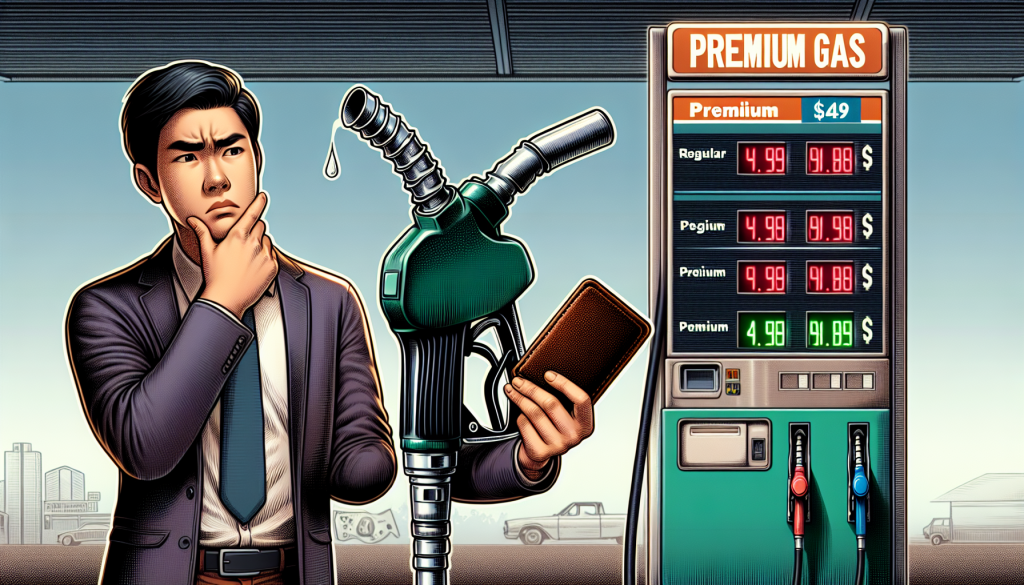
The Truth About Premium Gas: Is It Worth the Extra Cost?
In the world of gasoline, there are several options to choose from at the pump. Regular, mid-grade, and premium gasoline all promise to keep your car running smoothly, but it’s premium gas that often comes with a heftier price tag.
But is premium gas really worth the added cost? In this article, we’ll debunk some common misconceptions and reveal the truth about premium gas.
The Claims of Premium Gas
As the name suggests, premium gas is marketed as the best and highest quality option for your vehicle. It typically has an octane rating of 91 or above, compared to the 87 octane rating of regular gas. This higher octane rating is said to provide better engine performance and fuel efficiency. Premium gas also claims to have additional additives that supposedly clean your engine and reduce engine deposits.
The Reality of Premium Gas
So, is premium gas really worth the extra cost?
The short answer is no, it’s not necessary for most vehicles. Most modern cars are designed to run perfectly fine on regular gas, as long as it meets the recommended octane level for your engine. In fact, using premium gas in a car that doesn’t require it won’t provide any significant benefits and may even be a waste of money.
The notion that premium gas delivers better fuel economy and performance is also largely a myth. While higher octane fuel may provide better performance in high-performance or luxury vehicles, it won’t make much of a difference in a regular car. In fact, using premium gas in a car that doesn’t require it may even decrease fuel efficiency and performance.
Understanding Octane Ratings
It’s important to understand the role of octane ratings when it comes to choosing the right gasoline for your car. Octane is the measure of a fuel’s ability to resist engine knocking, which is a rattling sound that occurs when the fuel burns unevenly in the engine. Using a higher octane gasoline than your engine requires won’t make your engine burn the fuel more evenly, and therefore won’t provide any added performance benefits. In fact, some experts suggest that using a higher octane gas can be harmful to your engine in the long run.
The Importance of Regular Maintenance
While using premium gas may not be necessary for most cars, there are other factors that have a significant impact on engine performance and fuel efficiency. Regular maintenance, such as routine oil changes and keeping your tires properly inflated, play a much bigger role in keeping your car running smoothly. In addition, using high-quality gasoline, regardless of the octane rating, can also have a positive impact on your engine’s performance.
In Conclusion
In the end, the truth about premium gas is that it’s simply not necessary for most vehicles. While it may provide some added benefits in high-performance or luxury cars, the majority of cars on the road today are designed to run perfectly fine on regular gasoline. Instead of spending extra money on premium gas, focus on regular maintenance and using high-quality gasoline to keep your car running at its best.
